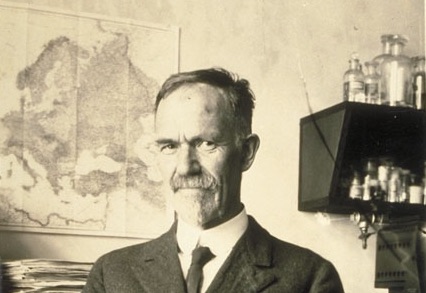
William A. Schambra’s opening keynote address at the American Enterprise Institute conference on “The Social Breakdown.”

As establishment philanthropy defends its position in American society, it would do well to tend to more than just one flank.

As shown in and by Sanford, Mich., starting one year ago, it’s often when massive devastation is visited on a population that it discovers its true character.

In any real-life revision of the parable so often cited by philanthropists, there’s a strong likelihood that the philanthropists forging their way upstream to the source of the problem will never get there. As with the challenge of homelessness in L.A., they will instead become hopelessly entangled in the real-world obstacles that invariably complicate the drive for simplistic, root-cause solutions.

Theda Skocpol and Caroline Tervo tell the story of Indivisible and its donor-driven succumbing to the siren call of “the DC-based nonprofit industrial complex.”




